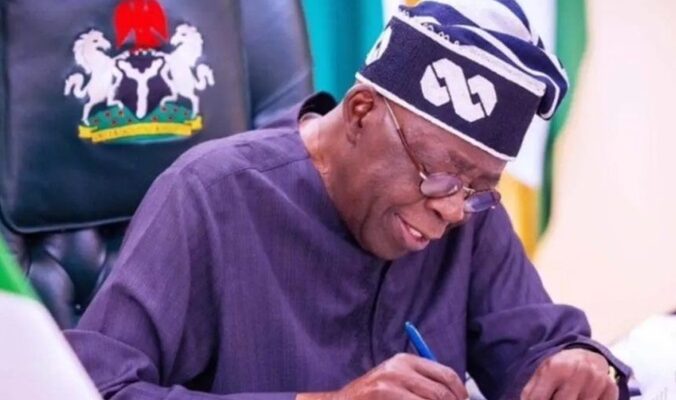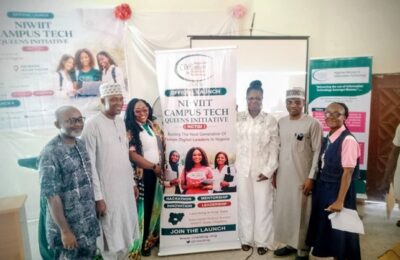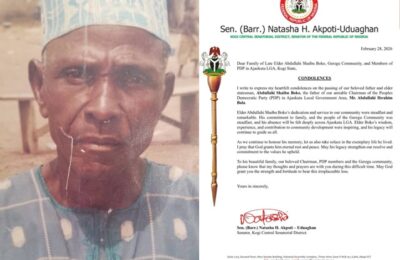In a decisive stroke of economic nationalism, President Bola Ahmed Tinubu has ordered an immediate ban on the importation of foreign goods that can be produced within Nigeria, inaugurating the “Renewed Hope Nigeria First Policy” as a cornerstone of his administration’s domestic strategy. The directive, delivered after a pivotal Federal Executive Council meeting, also stipulates that expatriate involvement in contracts must be justified with special waivers from the Bureau of Public Procurement (BPP), further entrenching a regime of indigenous prioritization in national economic affairs.
Minister of Information and National Orientation, Mohammed Idris, heralded the policy as a historic redirection—one that situates Nigeria’s industrial ecosystem at the epicenter of governmental expenditure and development initiatives. Drawing a calculated parallel to the “America First” ideology of former U.S. President Donald Trump, Idris emphasized that henceforth, all Ministries, Departments, and Agencies (MDAs) must recalibrate procurement strategies to favour Nigerian-made goods and services. Non-compliance will attract sanctions, including the annulment of procurement processes and disciplinary measures.
The ambitious directive, however, is not without its prospective complications. Nigeria’s chronic infrastructural deficiencies, entrenched procurement corruption, and the inertia of globalized consumer habits pose formidable obstacles to implementation. While economic patriots hail the policy as a long-overdue renaissance of indigenous industry, skeptics fear inflationary pressures and logistical inefficiencies if local supply chains fail to match demand and quality expectations. Nonetheless, the administration appears undeterred, portraying the policy not as a populist gesture, but as an existential pivot towards economic sovereignty.
Further reinforcing its industrialisation agenda, the policy mandates technology transfer provisions in all foreign contracts, and compels immediate review of procurement plans across sectors—particularly in sugar, textiles, and manufacturing—where Nigeria’s latent capacity remains tragically underutilized. “Contractors will no longer serve as conduits for foreign economies while Nigerian industries languish,” Idris asserted, framing the policy as both an economic stimulus and a philosophical renaissance for national pride and self-reliance.
This sweeping reform is not merely a bureaucratic innovation but a defining ideological turn. By placing indigenous production at the heart of governance and procurement, Tinubu is drafting a new social contract—one in which national wealth circulates within, not without. Whether this vision matures into a renaissance or falters under its own weight will depend not just on policy fidelity, but on the political will to resist the temptations of foreign dependence.
– Inah Boniface Ocholi writes from Ayah – Igalamela/Odolu LGA, Kogi state.
+2348152094428 (SMS Only)




